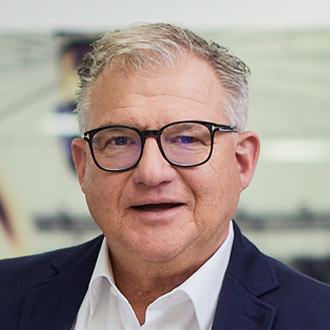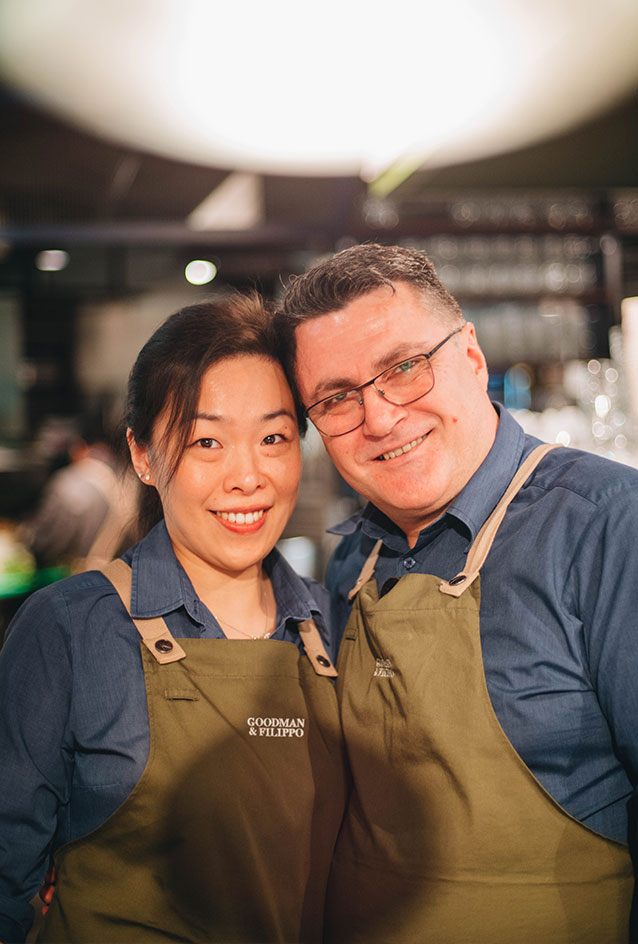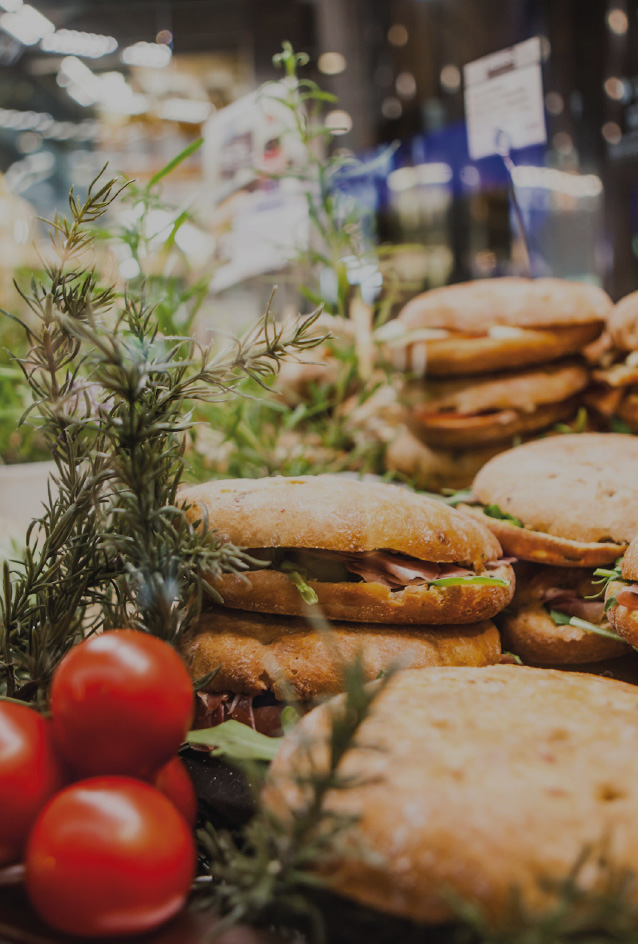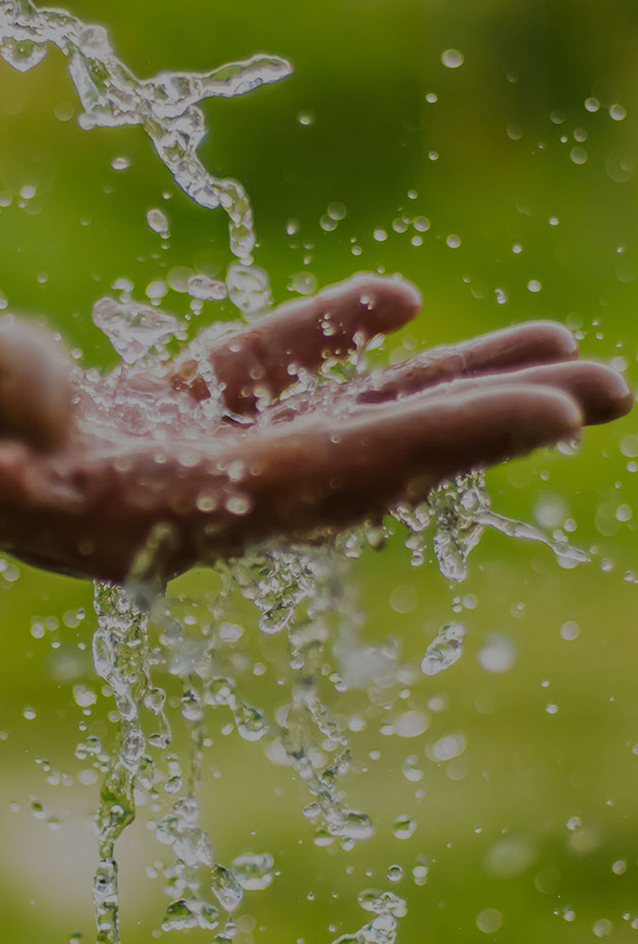Thinking sustainably about our future!
If companies are sincere about the subject of sustainability, then it is important for them above all else to take responsibility, not only for people – employees and customers – but also for the products that are manufactured and sold as well as for the environment, which must be protected and preserved. After all, only comprehensive action can ultimately help to ensure that we as a company make a valuable contribution to the future of our planet.
Thinking sustainably about our future!
If companies are sincere about the subject of sustainability, then it is important for them above all else to take responsibility, not only for people – employees and customers – but also for the products that are manufactured and sold as well as for the environment, which must be protected and preserved. After all, only comprehensive action can ultimately help to ensure that we as a company make a valuable contribution to the future of our planet.
‘When it comes to securing the future of this planet, we as a company believe that we should share the responsibility and wish to play our part.’


Andreas Förster
Managing Director
Casualfood will have its carbon footprint determined for the first time in 2022. In this way, we will be able to reduce our footprint step by step wherever possible in the future.
1. Tackling climate change
1. Tackling climate change
Our understanding
Tackling climate change is an important element of our sustainability strategy. We will only be able to position ourselves as a sustainable company if we take significant steps here.
Our approach
We record our carbon footprint annually and constantly review our actions in this regard to ensure that we are on the right track.
Our aim
Together with ORIOR, we will develop our strategy for 2025 – 2030 so that we are well positioned for the coming years in terms of climate protection.
2. Less food waste
2. Less food waste
Our understanding
We take the subject of food waste very seriously. We are fully committed to addressing the question of how we can reduce food waste. The overriding aim is to further improve the balance between demand and production. That’s because planning certainty directly reduces waste.
Our approach
Food waste is an area in which we can still improve many things with our actions. Not only within our own company, but also in the up- and downstream value chain. We have already made good progress here: All of our locations are now connected to the cooperation with Food-Sharing.
Our aim
We will reduce our food waste across the company by 50 per cent between 2022 and 2030.
3. Sustainable packaging
3. Sustainable packaging
Our understanding
Our commitment to sustainability should be easily identifiable in all marketing measures at the point of sale, but also on social media and in B2B communication activities. We communicate sustainable matters, such as our packaging strategy, within our different target groups.
Our approach
With the development of our own sustainable and standard POP (Protect Our Planet) branding, which we use across all concepts, we avoid the unnecessary production of packaging for each individual brand. The new packaging is sustainably produced and completely compostable, including our coffee cups (from Earth Cup) and our bags. Our sugar sticks and napkins dispense with branding and the sugar is fair trade.
Our aim
We have reviewed our packaging for ecological optimization and will derive a target by 2025.



